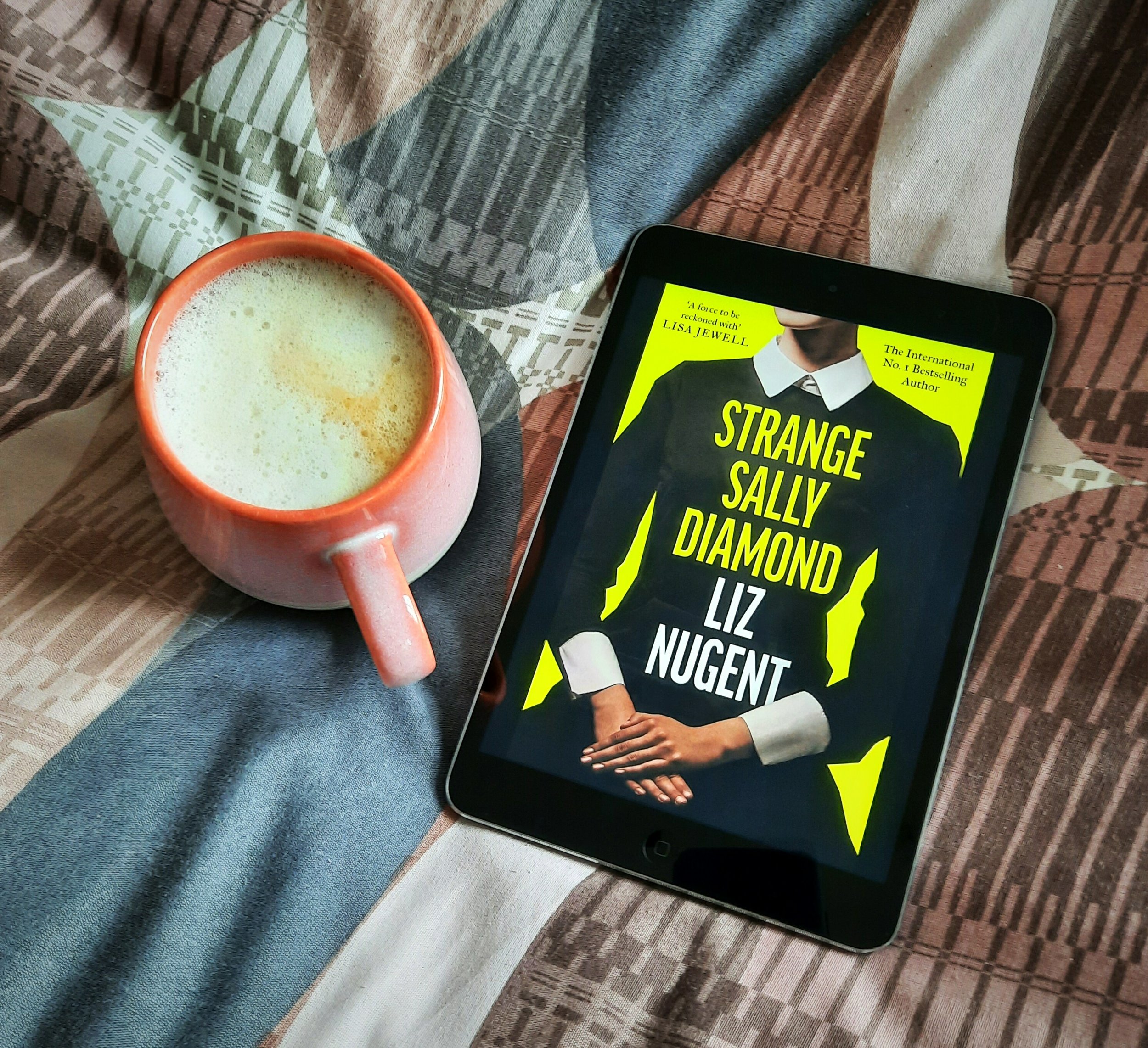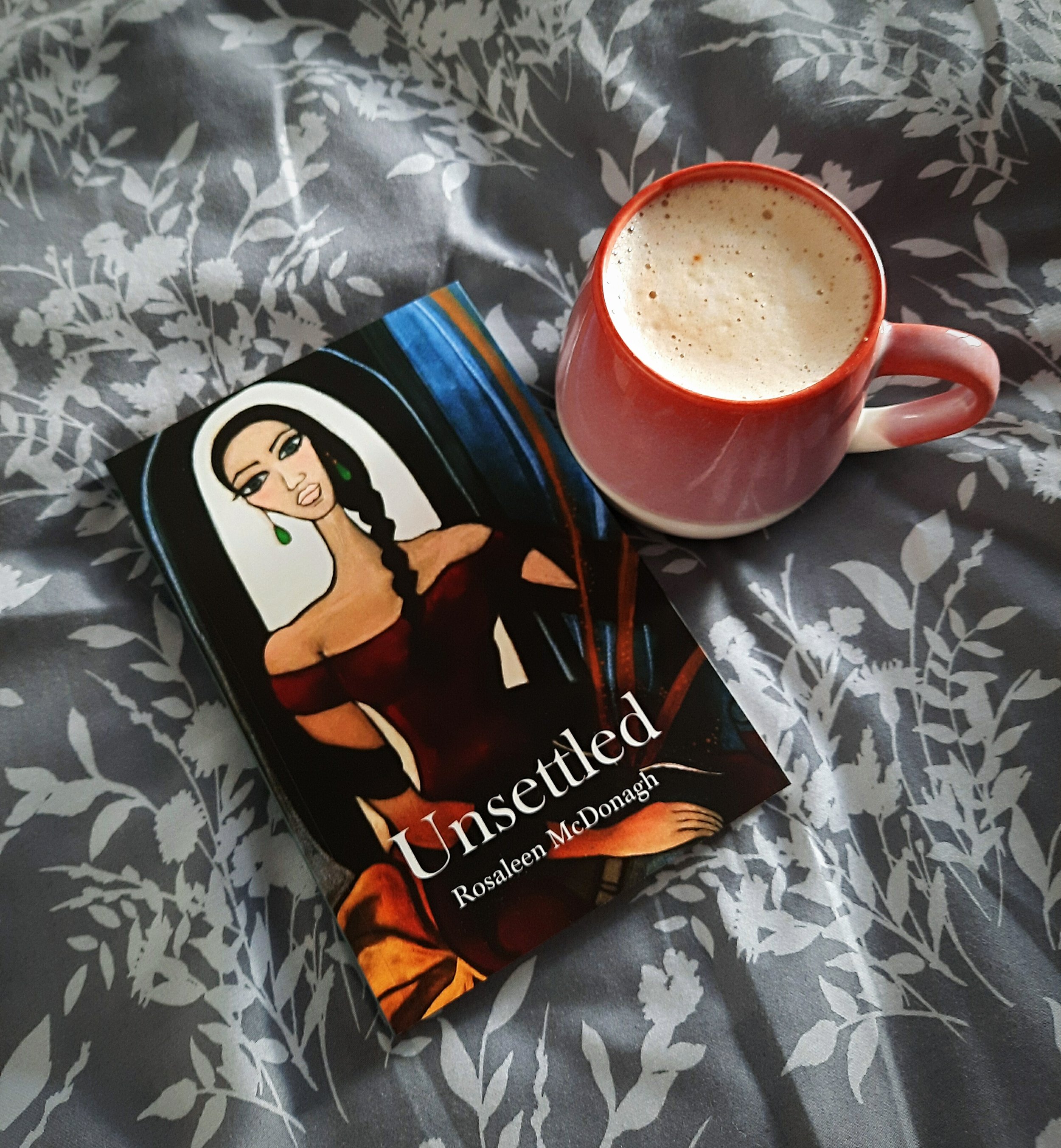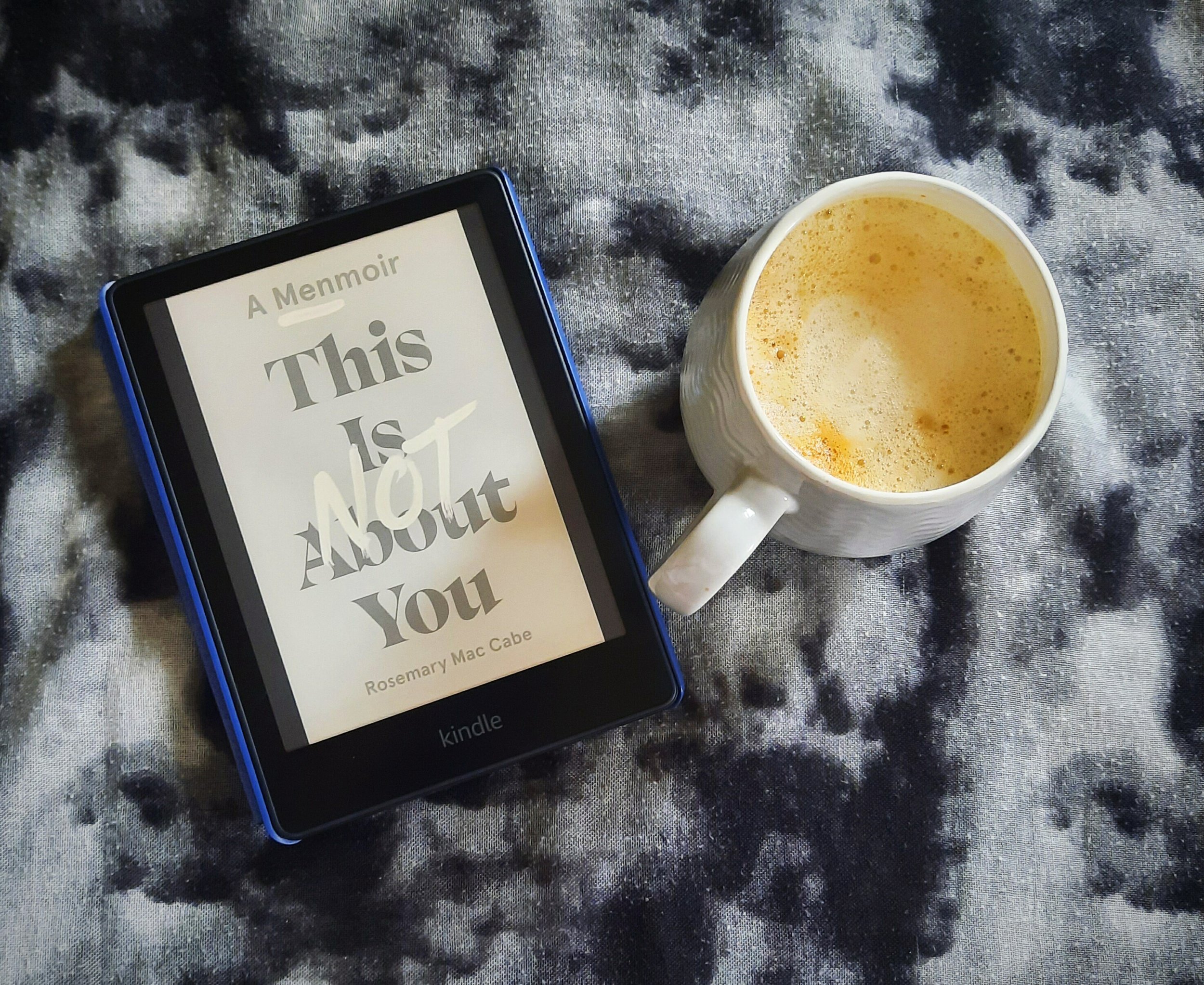My reading throughout April is best described as “I should read the books I already have on my Kindle.” Although, I switched between my Kindle and the audio versions on Borrowbox for a few of them.
I’m still dealing with the health issues I mentioned in my March reads round-up, so the list of books I have started reading but have yet to finish has only gotten longer. Most of those unfinished books are fiction, which is why there is only non-fiction on this list. Another way of summing up my reading is, “I’m not doing great at my goal to read more fiction this year.”
Social Capital: Life online in the shadow of Ireland’s tech boom by Aoife Barry
I read Aoife Barry’s Social Capital in two sittings, stopping only to eat dinner; that’s how compelling it is. Blending her personal experiences online with reportage and cultural criticism, journalist Aoife Barry questions whether any of us, including social media companies, knew what we were in for when we logged onto the internet for the first time.
I’ll have a longer review up soon. For now, I’ll say that Social Capital that it is great to see life online examined from an Irish perspective.
Trans: A Memoir by Juliet Jacques
Trans: A Memoir by Juliet Jacques is a masterclass in writing personal non-fiction while also unpicking the societal expectations that attempt to pigeonhole trans writers into only writing about their transition.
Yes, this is a memoir about Jacques being a trans woman. It is also about her love of art, film, music, politics and football. These are the things that make Juliet Jacques, well, Juliet Jacques. In showing us the different aspects of her life, Jacques asks the reader to rethink what writing about identity, particularly for trans and non-binary people, can mean.
The Practice of Belonging: Six Lessons from Vibrant Communities to Combat Loneliness, Foster Diversity, and Cultivate Caring Relationships by Lisa Kentgen, PhD
Through her research, psychologist Lisa Kentgen identified six key characteristics of vibrant and healthy communities. They are; commitment to care, acceptance, diversity, skilful conflict resolution, bonding rituals, and hospitality.
In examining and explaining each pillar to the reader, Kentgen profiles a different community that puts them into practice. The communities and groups profiled include a 500-member choir in Columbus, Ohio; a study circle to build connections between Native and non-Native people in a small town in South Dakota; and a tiny-home village for people who had been chronically houseless in Austin, Texas.
For me, some of the profiles were stronger than others, but overall, The Practice of Belonging* is a fascinating look at the many ways of building and maintaining community.
So You Want to Talk About Race by Ijeoma Oluo
So You Want to Talk About Race by Ijeoma Oluo is a valuable primer on the racial landscape in the US. I would have taken more from this book had it not sat on my Kindle for so long because I have read more in-depth examinations of America’s history of racism since purchasing it.
I’d still recommend it if you are looking for an entry-level text about racism, privilege, and anti-racism.
Help! I'm Addicted: A Trans Girl's Self-Discovery and Recovery by Rhyannon Styles
In Help! I’m Addicted* writer and performer Rhyannon Styles uses her experience with alcohol and drug addiction as a starting point to explore the broader experiences of transgender and non-binary people concerning mental health, addiction, and recovery.
Throughout the book, we hear stories from trans and non-binary people about their struggles with addiction, recovery, and how, if at all, that intersected with their transition. For many people, including Styles, 12-step fellowships are crucial in their recovery. For others, 12-step programmes were not how they entered or maintained recovery. I appreciated the understanding that 12-step fellowships are not a prerequisite for everyone in recovery from addiction. This nuance is something we see more frequently in conversations about addiction, which is welcome. I am always here for more nuance in addiction-related conversations.
While Help! I’m Addicted does not shy away from the complexities of addiction; it is a hopeful book.
Disability Visibility: First-Person Stories from the Twenty-First Century edited by Alice Wong
Edited by Alice Wong, creator of the Disability Visibility Project, Disability Visibility is an anthology of essays by disabled people. In her introduction, Wong tells us that the stories shared do not seek to be a disability 101 or “to inspire or elicit empathy”. This collection is about showing disabled people “simply being in our own words, by our own accounts.”
Although it does not seek to educate in the sense of explaining what disability is, Disability Visibility is an informative and insightful collection full of rage, hope, pride, recognition, and community.
The standout essays for me are The Isolation of Being Deaf in Prison by Jeremy Woody, as told to Christie Thompson; Guide Dogs Don’t Lead Blind People. We Wander as One. by Haben Girma; Imposter Syndrome and Parenting with a Disability by Jessica Slice; Six Ways of Looking at Crip Time by Ellen Samuels; and The Beauty of Spaces Created for and by Disabled People by s.e. smith.
Crying in H Mart by Michelle Zauner
I requested an advance copy of Crying in H Mart* by Michelle Zauner, from NetGalley, before its publication in 2021. That it has taken me years to finish reading is 100% down to my own experiences of grief. Truthfully, I needed a break from all the grief-related memoirs and non-fiction I had been mainlining since my dad died in 2019.
Written with warmth, grace, humour, and tenderness, Zauner explores her life as the only Asian American person in her school, her relationship with her parents, her mother Chongmi being diagnosed with cancer, caring for her mother during this time, and the aftermath of her mother’s death. Zauner also shares with the reader her desire to connect more with her Korean heritage, how food provides that connection, her changing relationship with her father, and music's impact on her life.
I wasn’t familiar with Japanese Breakfast, Zauner’s band, but that didn’t prevent me from connecting with Zauner’s beautifully crafted memoir about grief, family, food, and identity. I sobbed multiple times while listening, so I’d recommend having tissues handy.
I am glad I decided to pick it up again, this time on audio, because Crying in H Mart is as exquisite as everyone says.



















